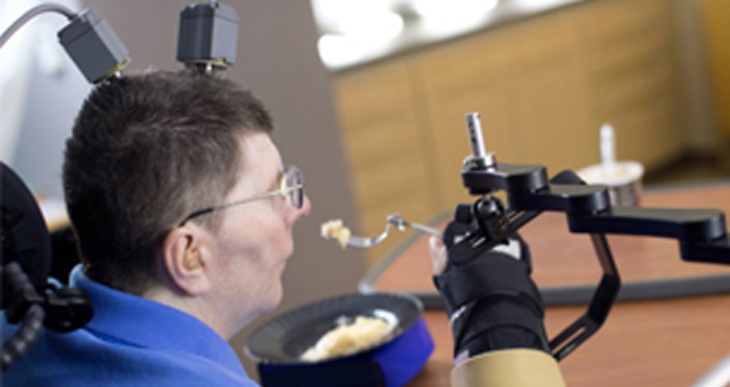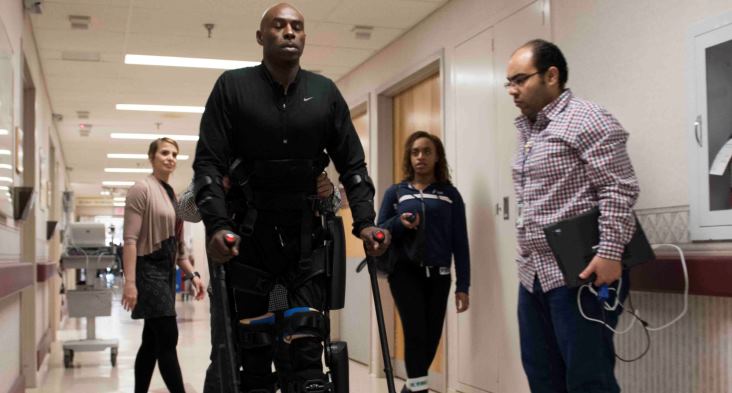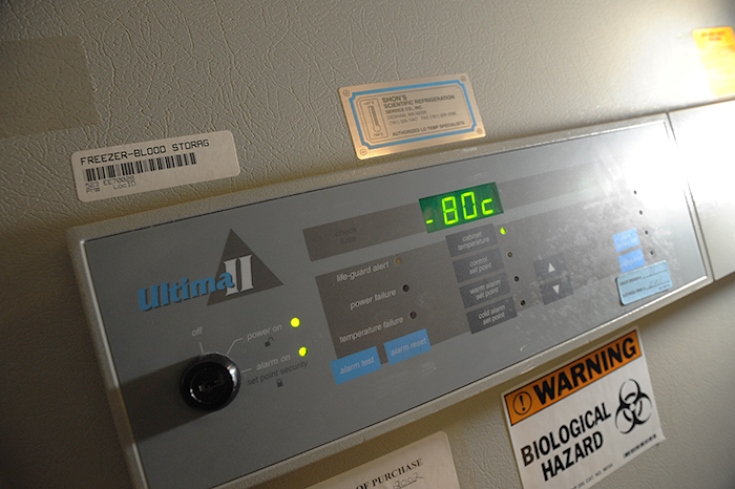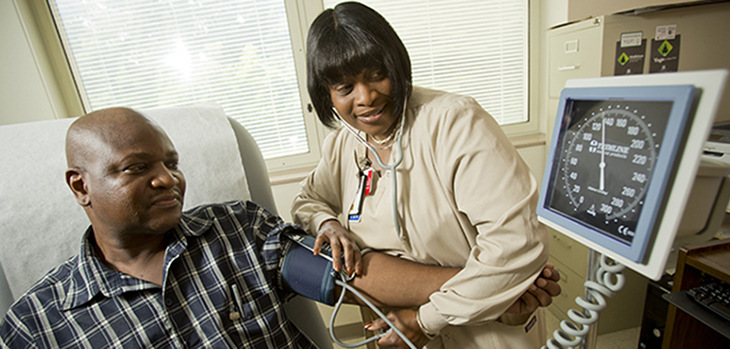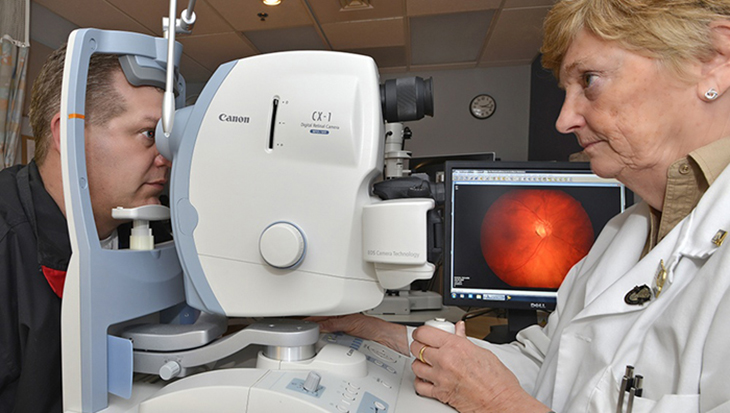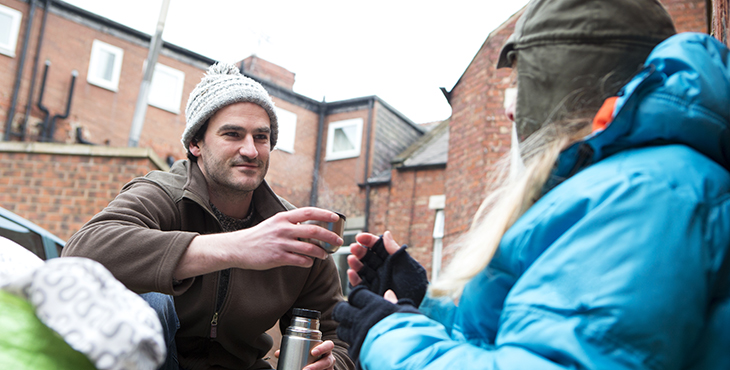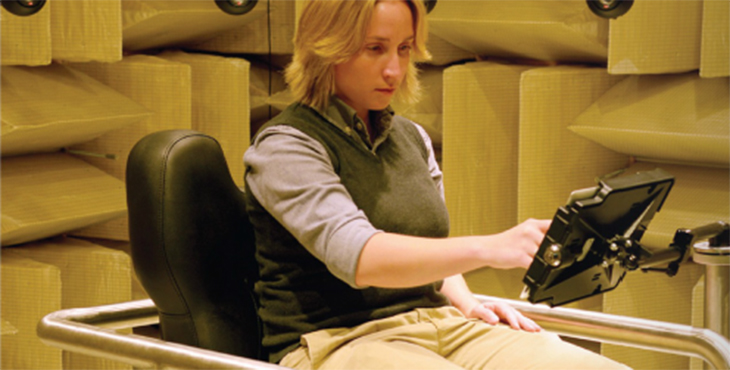VA's Parkinson's Disease Research, Education and Clinical Centers provide expert diagnosis, treatment planning, multidisciplinary care, support groups, and other valuable resources for Veterans with the condition.
The five-year program, which includes about 25 biologists and engineers from around the country, is trying to develop tools that will facilitate development of an artificial kidney in the future.
This research study is believed to be the first instance in the world of a person with severe and chronic paralysis directly using their own brain activity to move their own arm and hand to perform functional movements.
One of the incredible things about working at a VA facility is seeing the incredible progress that our Veterans make as they recover from various illnesses and injuries.
VA is leading the way in genomic medicine, the study of DNA to learn about health and diseases. The Million Veteran Program (MVP) is VA’s ambitious initiative to advance genomic research.
“Knowing there are similarities in how PTSD affects service members and Veterans makes it easier to pinpoint which treatments are the best to control the condition,” said Dr. Edward Boyko.
Lab tests showed how aspirin blocked the interaction between platelets and cancer cells by shutting down the enzyme COX-1, thereby curbing the number of circulating platelets and their level of activity.
A recent article in Veterans Affairs & Military Medicine Outlook looks at the research VA is conducting to help make sure growing and diverse Veteran populations are receiving quality care.
At the Center for Visual and Neurocognitive Rehabilitation, based at the Atlanta VA Medical Center, VA is pursuing a number of innovative projects aimed at finding solutions to Veterans’ vision problems.
Housing First is a major change of clinical philosophy and a giant logistic change at the same time. A recent article in Veterans Affairs & Military Medicine Outlook, explores some of the research being conducted in VA on this approach.
VA’s National Center for Rehabilitative Auditory Research conducts research into hearing and vestibular issues, trains and mentors new scientists, shares information with clinicians treat Veterans, and provides educational resources to the public.
VA has embarked on a landmark study to understand which test is best for colorectal cancer screening.



